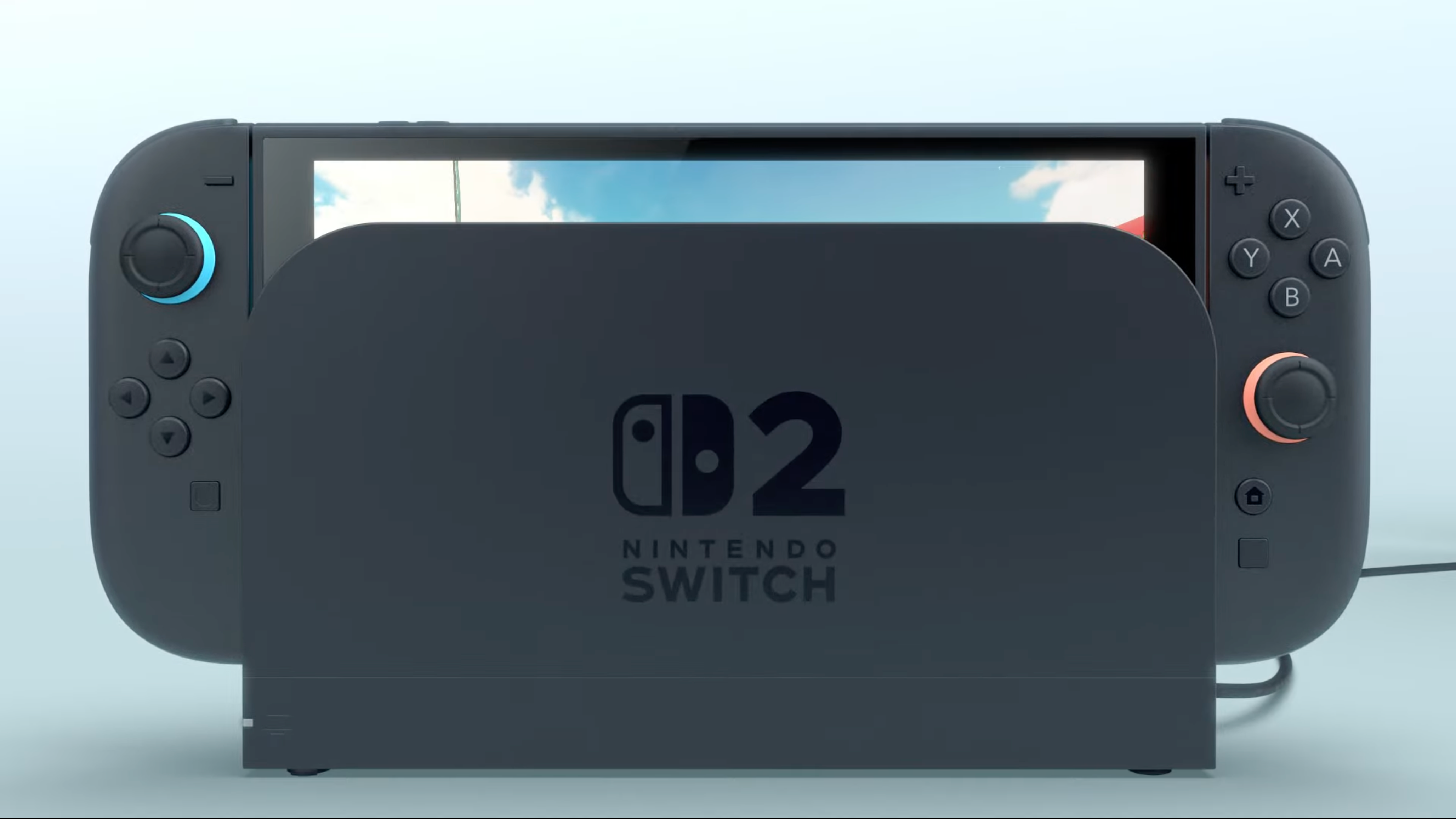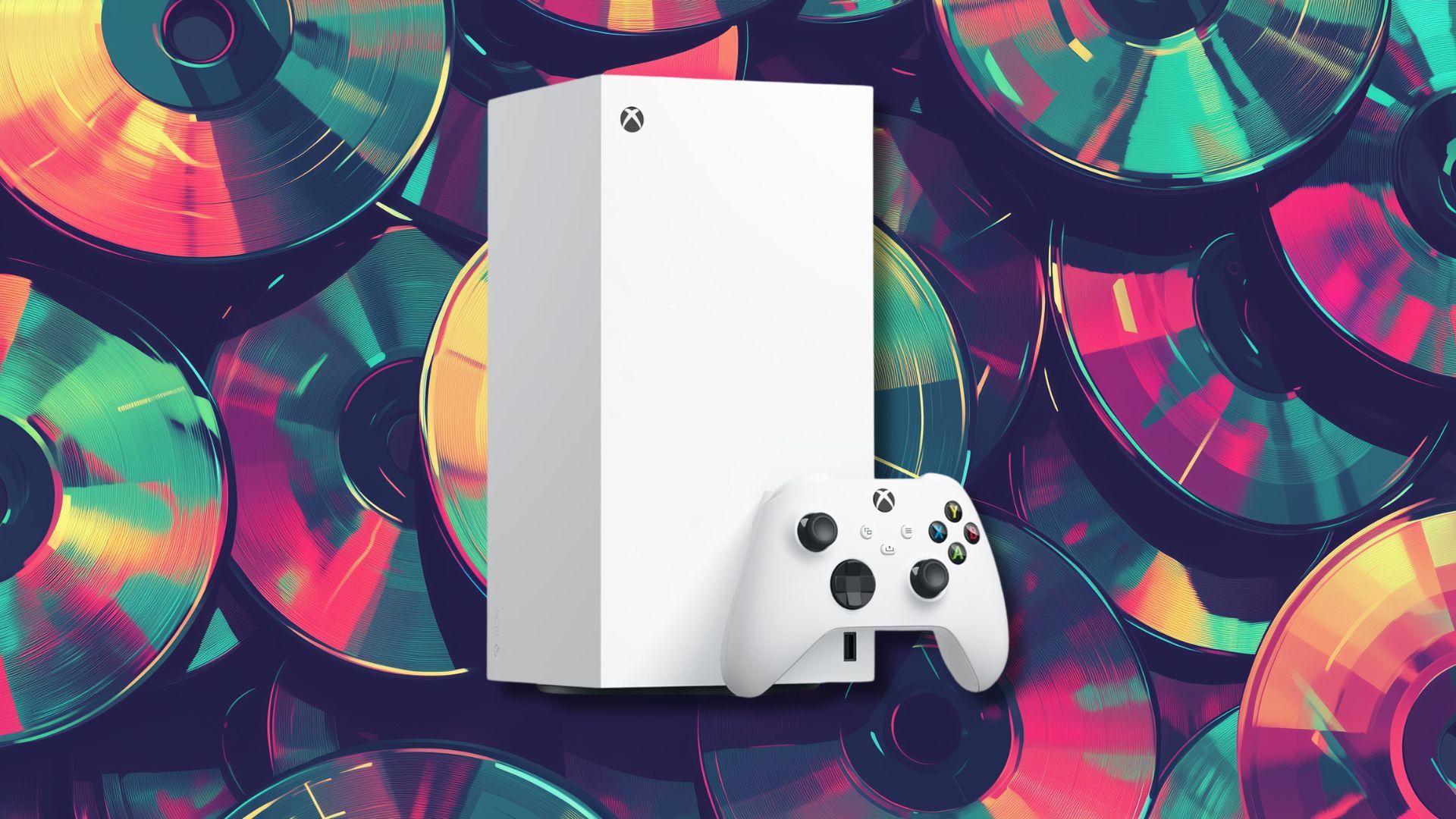Nintendo’s announcement of a new virtual game card feature for the Switch and (presumably) the Switch 2 didn’t generate that much buzz, but it solves a problem I’ve had since the launch of the first Switch.
Since my wife and I both own a Switch, single-player games we both want make more sense as physical purchases, because we can take turns using the same game cartridge. The virtual card feature means we don’t have to do that anymore.
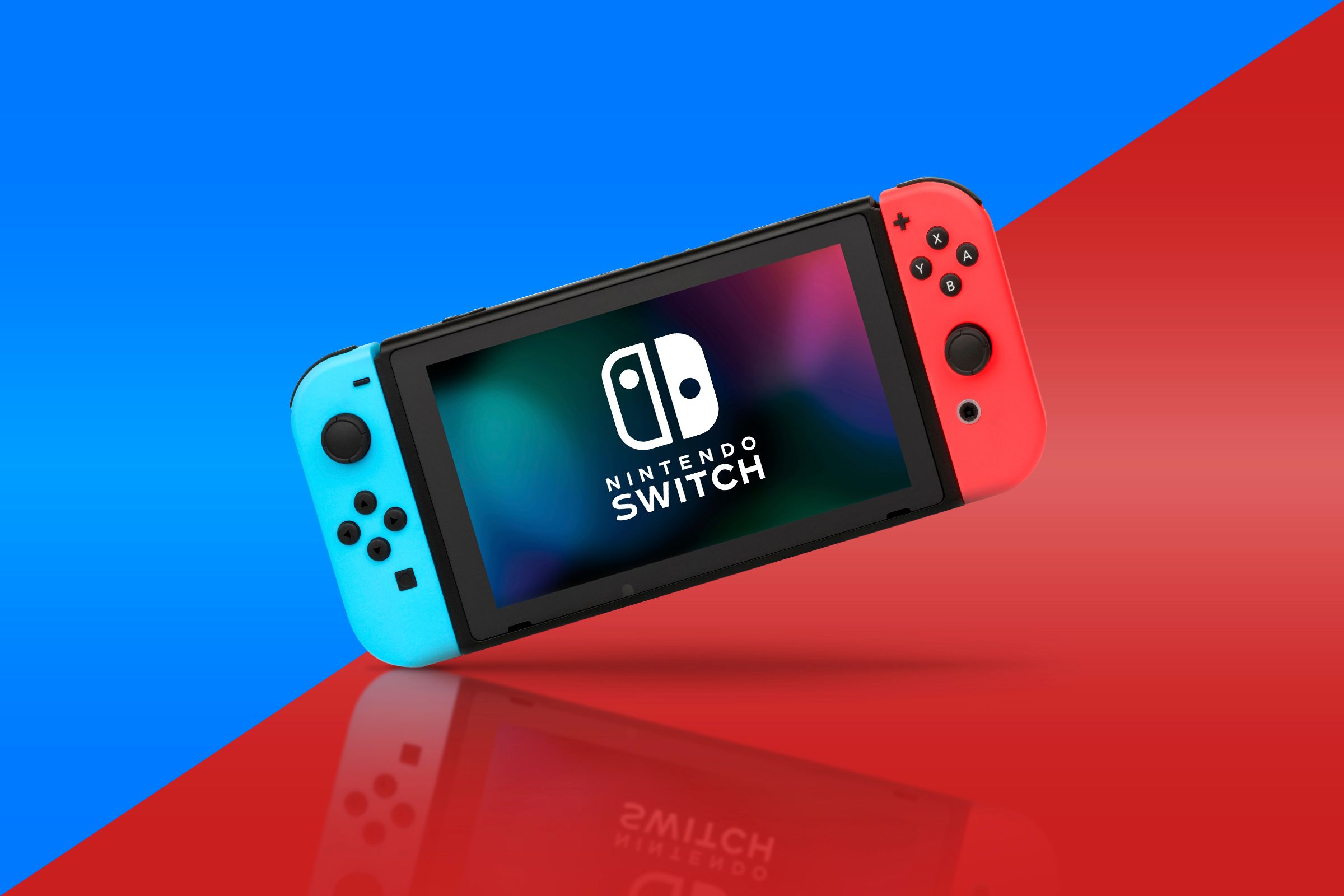
Related
Nintendo Will Let You Share Switch Games With ‘Virtual Game Cards’
You can finally let others play your virtual games securely.
Virtual Game Cards Simulate Physical Game Ownership
In an announcement video the company details exactly how this feature works, and on paper it seems pretty simple.
Basically, the digital games you buy now exist as digital game cards on your console. If you have two Switch consoles, you can permanently move game cards between them. So, for example, there may be some games you want to play on your Switch Lite, and some games you prefer to play docked.
With this feature, you can move games to the Lite, and you only need to be online while the card switching is happening. The rest of the time, the consoles will behave exactly as if they had that physical card in them.
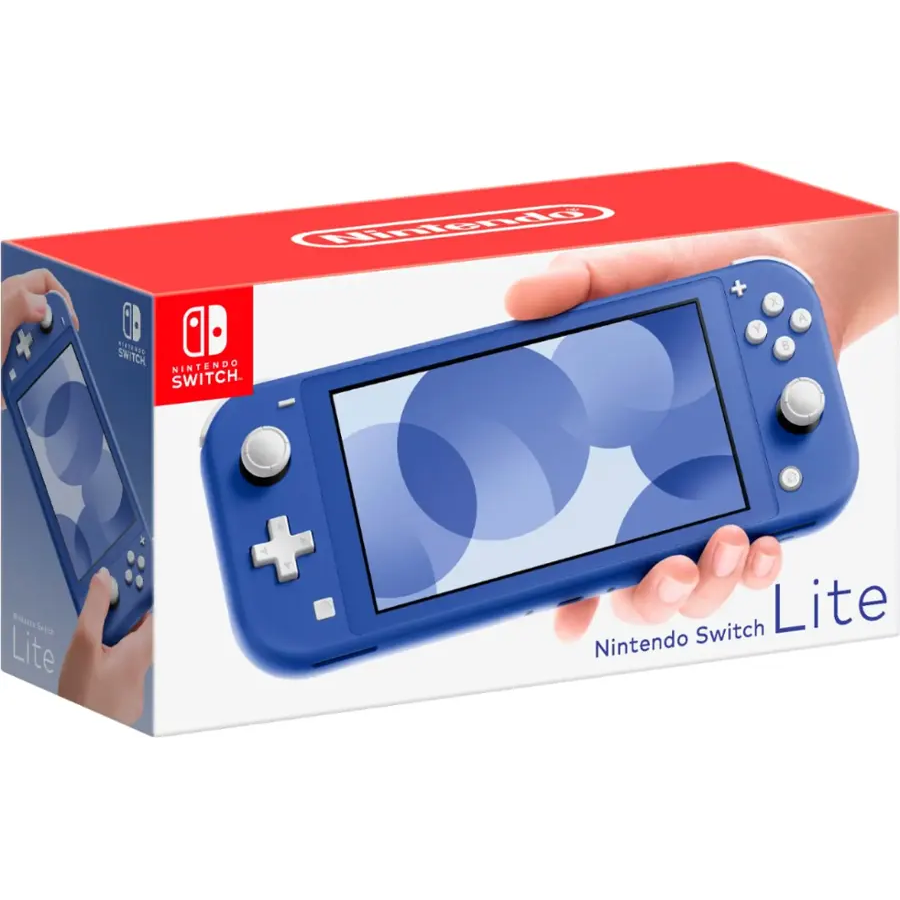
This feature also allows you to lend games to people in your family group for up to two weeks, after which they return automatically.
But, They Don’t Go Far Enough
This is a great feature, and, honestly, it feels better thought out than any game-sharing solution I’ve seen on PC or console, but it just doesn’t go as far as I’d like it to. This brings one of the advantages physical games have to their digital version, but why not go all the way? Why not let me sell my virtual game cards when I’m done with them? Nintendo and the developer can even take a cut!
I have more than 1TB of games on my Switch, and honestly I’m done with most of them, so I might as well get something back, or at the very least let me give them away to anyone permanently, and not just my own set of two Switches, which is the current limitation.
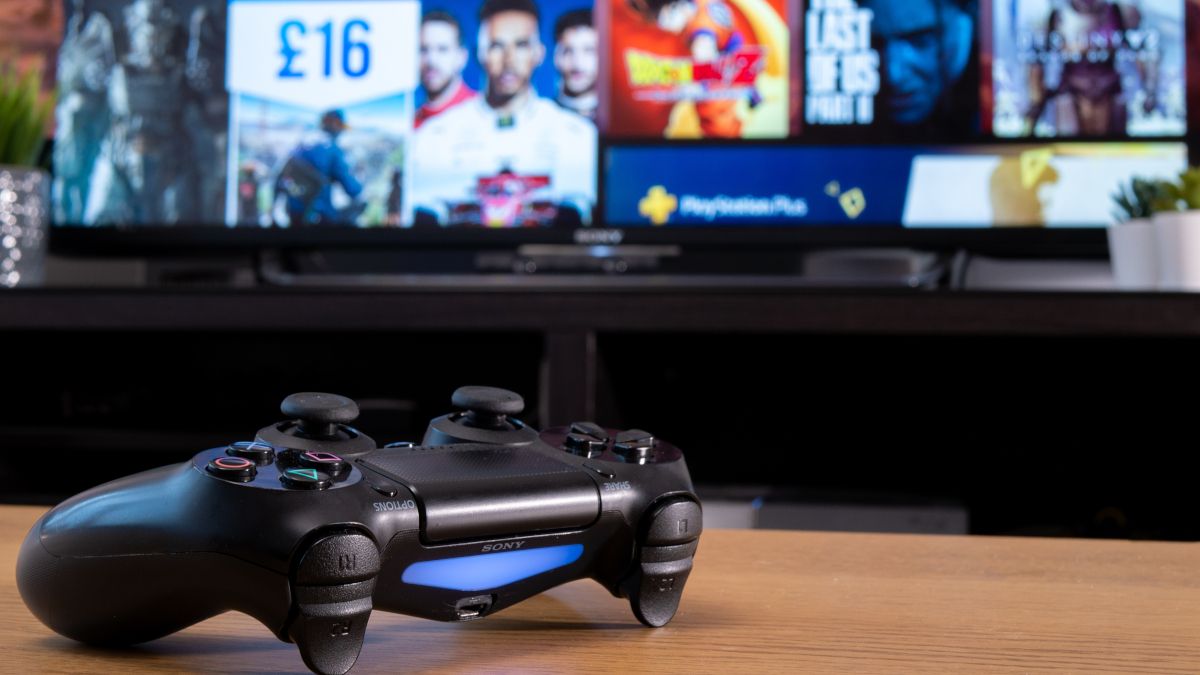
Related
An All-Digital Future Is Bad News for Console Gamers, Here’s Why
All-digital consoles could be a trojan horse for gamers
All-Digital Gaming Needs License Transfer Rights
It all comes down to the fact that when you buy a game, digital or physical, you’re only buying a license that gives you permission to play that game. The only reason that you can sell and buy physical games from other players is that, as a physical self-contained object, these games aren’t under the control of the developer. You can’t legally copy it and then distribute it, but the license applies to whoever holds the copy of the game.
Developers and publishers have tried different ways to combat this. Such as having games that have to be registered with a code, and then the disc can never be used by anyone else. This happened to me the first time when I bought the launch PC version of Skyrim after queuing for hours. Since it was a Steam game on disc, once I’d registered the code, the disc became worthless, and I eventually threw it away.
For the time being, you can at least still resell, lend, and trade your physical console games, but consoles won’t have physical games forever. We can all see which way the wind is blowing. So, before that day finally arrives, I think it’s pretty important that we transfer most of the benefits of physical games to their internet-based download-only counterparts.
It’s a Step in the Right Direction, but Let’s Keep Walking
Regardless of why Nintendo decided to implement this feature, it’s absolutely a step in the right direction in my opinion. Giving customers more power over their digital purchases and increasing their level of ownership is something I honestly believe will result in a win-win situation for everyone involved.
My wife and I currently both have our own PlayStation 5s, for example, and I wish we could do this same sort of game swapping between these consoles, instead of the awkward primary and secondary console setup we have to use to share a single library of games and PlayStation Plus subscription. Speaking of which, where’s the PS Plus family plan Sony?
It’s also a surprising move from Nintendo, which used to be pretty uptight about binding digital software to specific hardware. If you ever broke your 3DS or had it stolen, you know what a mission it is to transfer the licenses to your new console! So for Nintendo of all companies to bring such a forward-thinking idea to digital games might be surprise, but it’s a welcome one, to be sure.


